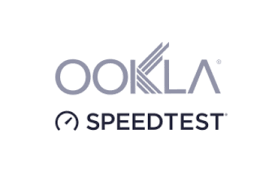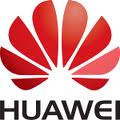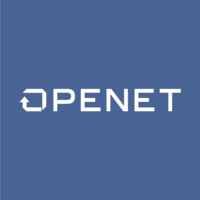 Alcatel-Lucent (Euronext Paris and NYSE: ALU) yesterday announced that it has acquired OpenPlug, a mobile software and applications development tools vendor. Through this acquisition, Alcatel-Lucent deepens its role in the applications space by delivering, as part of its integrated suite of developer tools, a platform where application developers can write an application once, which will then be translated to run on any of the five major mobile operating systems. Terms of the deal were not disclosed.
Alcatel-Lucent (Euronext Paris and NYSE: ALU) yesterday announced that it has acquired OpenPlug, a mobile software and applications development tools vendor. Through this acquisition, Alcatel-Lucent deepens its role in the applications space by delivering, as part of its integrated suite of developer tools, a platform where application developers can write an application once, which will then be translated to run on any of the five major mobile operating systems. Terms of the deal were not disclosed.
Alcatel-Lucent can now extend OpenPlug’s functionality to service providers, enterprises and developers so they can create and deploy applications — in virtually record time and without sacrificing the unique customer experience — across multiple mobile devices and within service provider app stores. As a result, applications that had previously only been available on more sophisticated devices such as smartphones, can now be enjoyed by consumers on any mobile device, which opens up opportunities in emerging markets, where low cost mobile phone circulation is highest.
This is the second acquisition Alcatel-Lucent has made over the past three months to expand and enhance the application ecosystem. In June, the company acquired ProgrammableWeb, the technology industry’s go-to source of API-related content.
“While demand for mobile apps is peaking, so is the fragmentation of mobile development platforms and tools,” said Michael Cote, analyst for Redmonk. “This makes it very expensive to target all devices and can lead to putting all your eggs in one, often tightly controlled basket, like Apple’s, or doing a least-common denominator, mobile web app that can’t benefit from full native device access. A tool that can target all platforms is hugely needed in this space, and OpenPlug should work well with the total mobile app development portfolio Alcatel-Lucent is putting together.”
Thanks to OpenPlug, service providers, enterprises and developers do not have to be selective about which of the many mobile platforms they will write applications for, thus limiting their potential for service adoption and revenue potential. OpenPlug’s mobile software turns every device into a smart device. It allows developers to write applications once and convert application code into native software that runs on any leading mobile device operating system, including iPhone®, Android®, Symbian®, Windows Mobile®, and Linux®.
“Being able to provide more applications across multiple devices helps service providers significantly broaden their app store content to create more value for consumers,” said Laura Merling, vice president of Alcatel-Lucent’s global developer strategy. “As service providers typically offer multiple mobile devices to their subscriber base, the OpenPlug software can help them get to market five times faster by allowing them to easily port an application to all of their devices. And this isn’t purely a mobile play — the software can be extended to support application development for IPTV set top boxes, game consoles, even the ng Connect LTE Connected Car.”
“Deploying valuable web and mobile services requires assembling many different pieces from many horizons,” said Eric Baissus, CEO of OpenPlug. “By combining OpenPlug’s ELIPS Suite and
ELIPS Studio technologies with Alcatel-Lucent’s platforms and API services, we enable developers and service providers to gather all these pieces in a very efficient and consistent way. This will dramatically facilitate the deployment and the monetization of the new generation of applications that the market is expecting.”
The OpenPlug toolset will be incorporated into Alcatel-Lucent’s Developer Platform and Open API Service, thus broadening the functionality available to service providers, enterprises and developers for the exposure of network assets and the rapid introduction of new services across mobile and Web domains.
The move advances Alcatel-Lucent’s Application Enablement strategy, which is focused on combining the trusted and secure network capabilities of service providers with the speed and innovation of the Web to provide a richer end-user experience.





